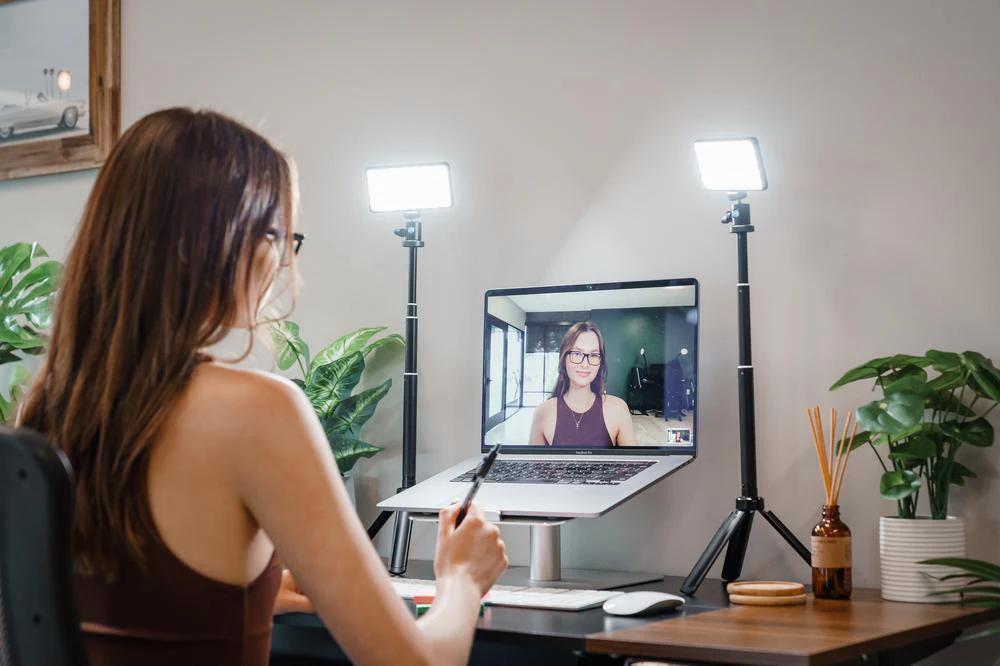Preparing for an interview requires both self-awareness and an understanding of what employers look for. The process is not only about assessing technical skills but also about evaluating professionalism, communication, and overall attitude. A good place to start is researching the organization you are applying to and familiarizing yourself with its work, culture, and expectations. Having background knowledge shows genuine interest and helps you give contextually relevant answers during the interview.
Professional presentation is essential. Whether the interview is held in person or virtually, being punctual sets the right tone. Dressing appropriately and maintaining a neat appearance communicates seriousness and respect for the opportunity. In virtual interviews, make sure your display name is correct, your camera is on, and your environment is quiet and distraction-free. Small details often leave a lasting impression.
Communication plays a central role in how interviewers perceive you. Speak clearly, listen attentively, and respond thoughtfully to questions. Avoid interrupting and try to keep your answers structured and concise. Respectful and professional communication signals that you can work effectively with colleagues and clients in a real-world setting.
Highlighting your skills and experiences is important, but so is showing a willingness to learn. Even if you lack direct experience with certain tools or technologies, you can share how you have approached learning new skills in the past. Employers appreciate curiosity, adaptability, and a growth mindset just as much as existing expertise. When possible, support your answers with specific examples from academic projects, volunteer work, or personal initiatives.
Commitment and reliability are qualities every employer values. Interviews are an opportunity to demonstrate that you can manage your time well, balance responsibilities, and stay consistent with deadlines. Employers want to see that you are dependable and able to contribute steadily rather than only occasionally performing well.
It is also common for interviewers to ask situational or behavioral questions. These are designed to understand how you handle challenges, manage conflict, or work under pressure. Preparing stories or examples that show your problem-solving, teamwork, or decision-making abilities can help you answer these questions with confidence.
Technical readiness can strengthen your performance, especially in industries that require practical skills. Reviewing the basics of relevant tools or frameworks before the interview gives you confidence and shows initiative. If you are asked to attempt a task or test, focus not only on the solution but also on explaining your thought process. Employers often value logical reasoning and structured problem-solving even more than a perfect answer.
Honesty is always the best policy in interviews. If you do not know the answer to a question, acknowledge it honestly while emphasizing your willingness to learn. Pretending to know something can often backfire, while demonstrating a learning mindset leaves a stronger impression. Employers generally value integrity as much as competence.
Asking thoughtful questions at the end of the interview can help you stand out. You might inquire about the role’s day-to-day responsibilities, the team’s working style, or opportunities for growth and development. This shows that you are not only interested in getting the position but also in contributing meaningfully and planning for the future.
Finally, follow-up matters. A short thank-you note or email after the interview reinforces your interest in the role and appreciation for the opportunity. It also demonstrates professionalism and helps you remain memorable to the interviewer.
By focusing on preparation, professionalism, communication, and a willingness to learn, you can approach any interview with confidence. The goal is to show that you are capable, dependable, and ready to grow, making you a strong candidate for the opportunity.




